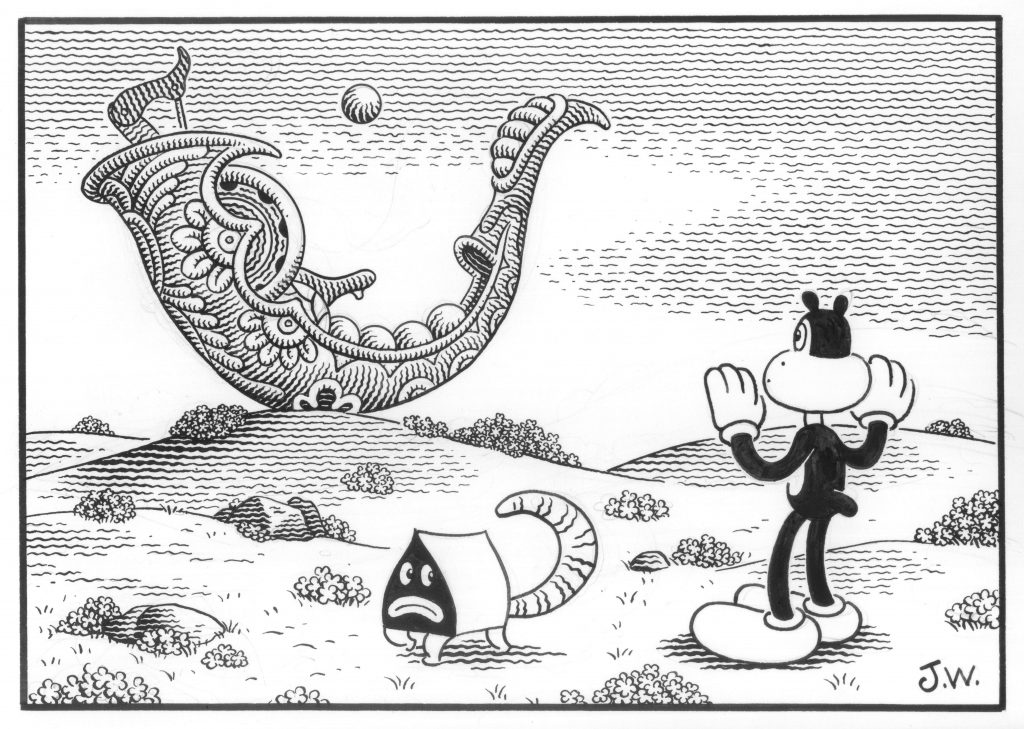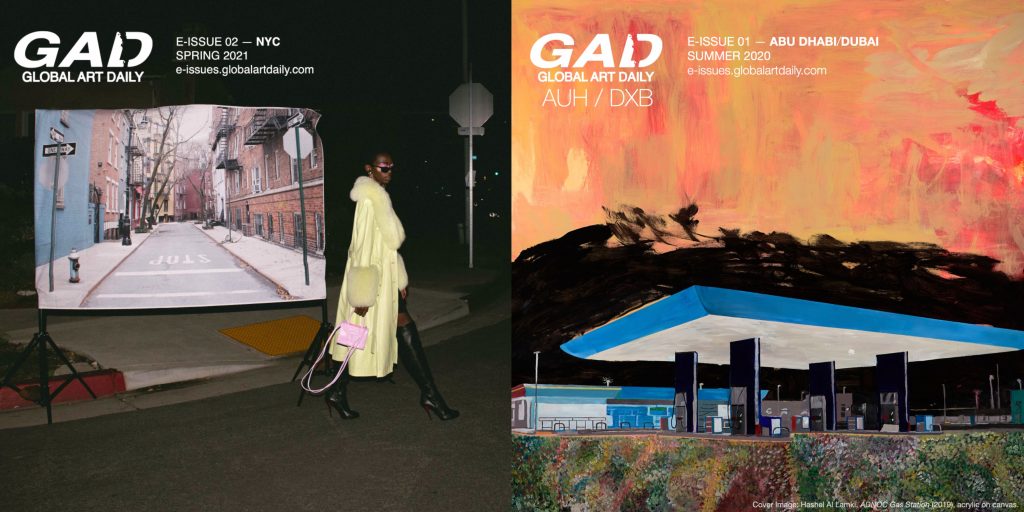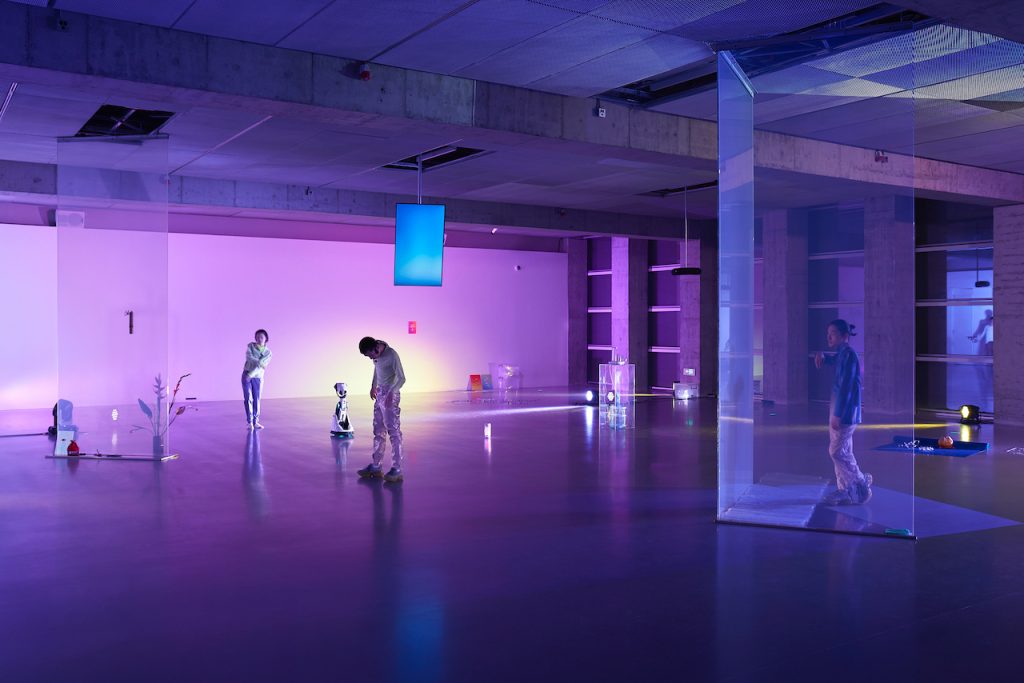A mysterious artist’s pop music invites the imagination
In January 2019, a song uploaded on YouTube began to get a buzz on social media. “Art and Therapy,” with its odd time signatures, complex harmonies, and bizarre lyrics, had a quality and charm that made it hard to believe that it was a debut. Urakami’s attracted the attention of celebrities and continues to release singles and other works on a regular basis. As the culmination of two years of work, he just released his first mini-album, “Ongaku to Mitsudan” (音楽と密談 / Music and Private Conversations) in October 2020. The songs, which combine a high level of technical skill with the gravitational pull of pop music, remind us once again of Urakami’s potential as an artist.
We interviewed Urakami over video. We talked to him about his background, creative process, what he’s been up to the past two years, and his future plans. Let’s start with why he got into this.
“I’ve always loved music. There was a time when I wanted to pursue other careers, but I always came back to music. One day, I was thinking about what I really wanted to do—what I should do—and I ended up deciding that I wanted to stop everything and start from scratch and see if I had it in me.”
Urakami started his career under the name “Urakami Kevin Family.” The high quality of the songs combined with their enigmatic air. After a bit of debate, he ended up changing his name to “Urakami Souki.”
“Since I started out alone, I felt like I was working on a lonely island. It was isolating, so I thought of making a “family unit” with imaginary members,” but the more I thought about it, it was kind of crazy (laughs), so I decided to go for a solo unit.”
Interesting. That episode seems to have some connection with his unique lyricism in the storytelling and extraordinary word choice. Here’s what Urakami had to say about his lyrics.
“I don’t put too much focus on adding meaningful fine details in the beginning. I tend to think about what I want to say overall, and then dress it with sound. For novels, I read humorous writings by authors such as Yasushi Machida. But I’d like to avoid all those influences and start with a completely blank slate and just list words.”
Urakami is particular about the lyrics in the songs. He says that the meaning that emerges from the meeting of melody and words is important.
“When I compose, there are cases where the words and melody just come to me, and there are times where I have to draw them out on the piano or guitar. When I’m out doing something random like going for a walk, the words and melody may just hit me. When I create a song properly, I take it seriously and work hard to come up with something. I have a notebook that I keep melodies and progressions in, and I like to go through it and pick out the good ones. Most of them I can’t use, though (laughs).”
Meticulously constructed songs that expand the world of music.
Even though he subtly weaves advanced techniques such as complex harmonic progressions and the use of microtones into his works, much of his knowledge is self-taught.
“I took classical piano lessons from a young age, but I taught myself guitar, bass, and drums, and I started playing them with my own style. I also learned orchestration by listening to music while looking at the score and really got into it. I’d rather learn by feeling the music and having fun than studying proper theory.
I mostly follow the Western musical scale, but I like to think about how I can expand the world from there, and I like to play with various tools to do so. Most songs are written in a certain key at a certain tempo… But I’ve always wondered why that is. I think it would be great if there were more songs with different rhythms or tempos depending on the story or meaning.”
The composition of the instruments is unique, with a wide variety of sounds, sometimes reminiscent of post-classical music, and other times with retro analog synths. How do you come up with the intricacy over multiple recordings?
“I just add the sounds I want right now. If I want this sound here, I’ll add that instrument, and I’ll end up with 100 tracks. That’s why it takes me the longest time to mix. Sometimes the framework can be done easily, though. For “Music and Confidential Discussions” I asked a professional to do the mastering, but I mixed it myself, listening to it every day. I worked on it at home and in the studio.”
Interaction and change of consciousness through live performance
Urakami has also participated in the works of other artists such as Moka Satou and MIKKO. One of his most memorable collaborations with another artist was a duet with Misada Matsuki, an up-and-coming artist who also created some buzz. The collaboration between the two, whose styles are somewhat similar, was well received.
“We were originally asked to perform separately at an event in October of last year, but we later found out that we were going to perform together. We thought it wasn’t a bad idea since we had a like 40 minute set which could be tough to fill, song-wise.”
As anyone who has seen his live shows will understand, Urakami has an excellent singing voice. What does he think of his own singing voice?
“I’ve always loved to sing, but I’ve never really wanted to be a singer-songwriter. When I started my career though, I figured I’d give singing a try and I think it works for me.
But, I never thought I liked my voice, and that’s why I processed my voice at first. I’m really happy that people appreciate my singing voice. I still haven’t figured out how to sing live, so I hope I can work on that. Lately, I think I’ve come to know what I do and don’t like about my voice. I’d like to bring out more of the parts that I like.”
He also told us about his influences and favorite singers.
“My all-time favorite is Joni Mitchell. I’ve always loved her, not so much for her songs per set, but I like the way she sings with lyrical nuance and various elements, like recitation, and I was influenced by that aspect. I’m also into how female singers sing in a range that I just can’t get to.”
Expanding Creativity
Since his debut album, “Geijutsu to Jiryou” (芸術と治療 / Art and Treatment), Urakami has been producing his own music videos. You’d think he would have had some experience in production, but that doesn’t seem to be the case.
“That was the first time I made a video. I happened to find Sony’s Vegas video software on sale, and I thought I’d try it since it was so cheap. I didn’t know how to use it, but I got used to it, and I still use it now.”
Nevertheless, he’s familiar with movies, as evidenced by his song Shin “Eiga Tengoku” ( 新映画天国 / New Movie Heaven), which he dedicated to film culture.
“I watch movies, mainly foreign films. I’ve always liked “The Godfather” and Coppola’s movies. I’ve also liked Disney movies since I was little. I like “Mary Poppins” and “Beauty and the Beast,” including their music. It’s hard to answer what music I like and what movies I like. (laughs) I also like (Alejandro) Jodorowsky, and Nicolas Winding Refn from “Drive,” so I may have unconsciously adopted some of those elements (such as the use of colors in the video and artwork).”
With the release of his first mini-album, he reached the end of his plans for 2020. We end by asking him about his aspirations for the future.
“I want to make music with people (laughs). I think I’ve done a good job of looking inside and making music, so I’d like to broaden my scope a bit more and do the kind of music where I can move around with an instrument. I’m also interested in funk, like Vulfpeck. I’d like to do minimalist funk, with a focus on performance. On the other hand, when I produce music, I’d like to continue having other people sing my creations.”



